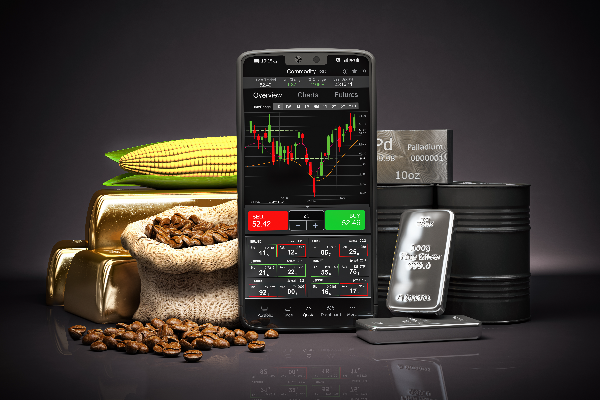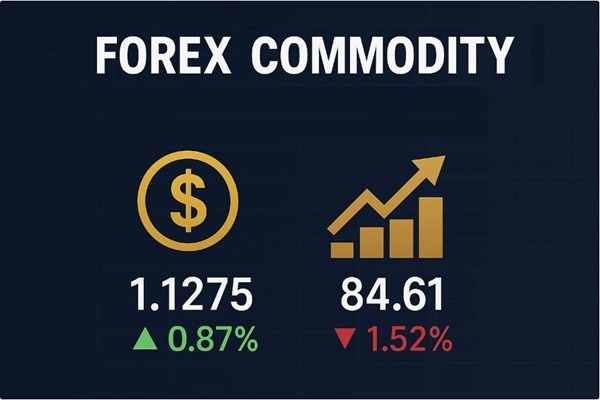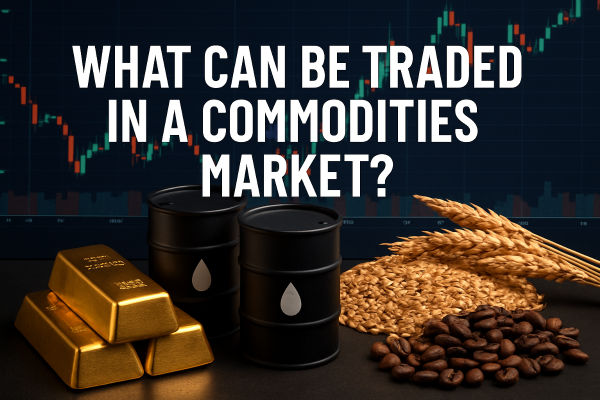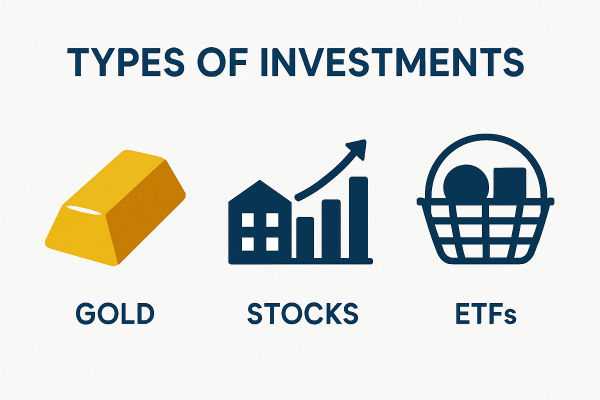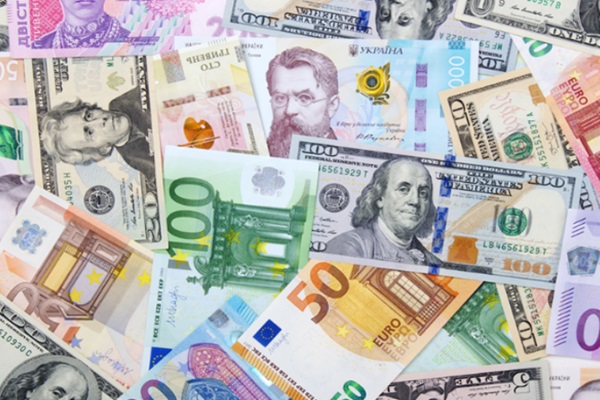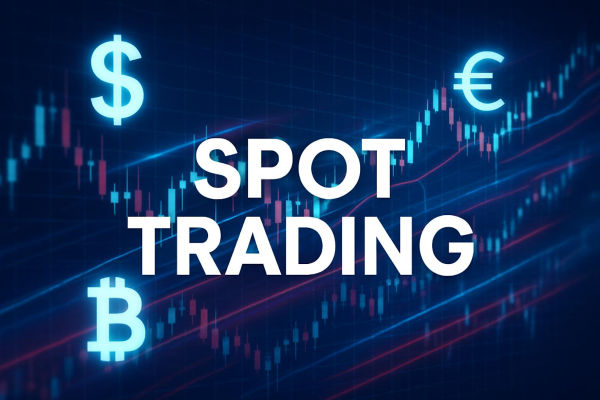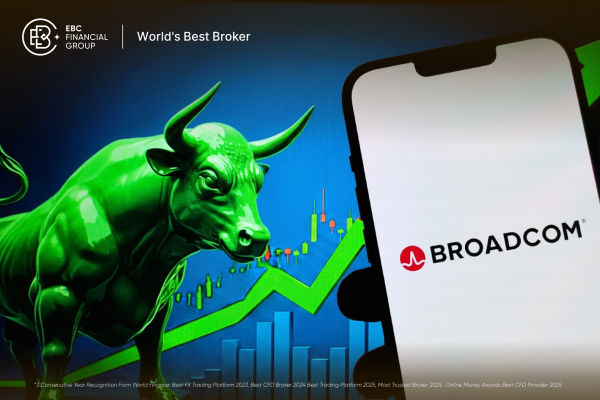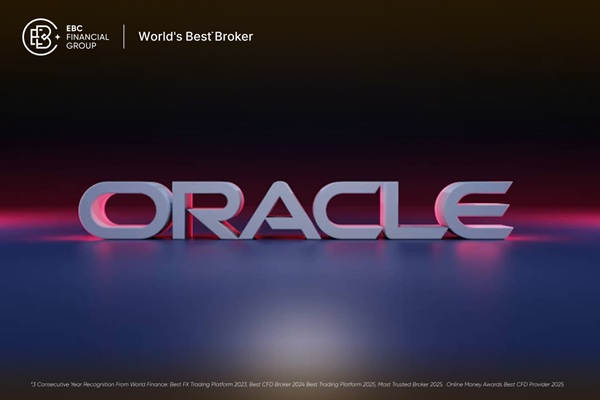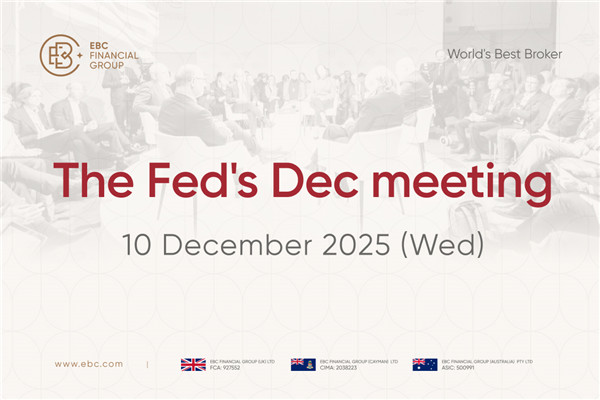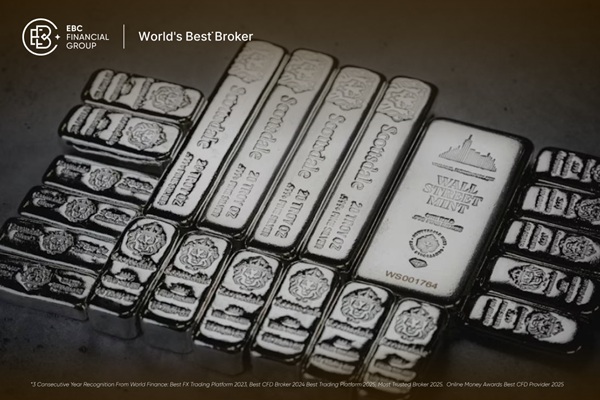The commodities market is one of the cornerstones of global trade, influencing the prices of everyday goods, from gasoline to food. Trading commodities like oil, gas, precious metals, and agricultural products has long been a favored strategy for investors looking to diversify their portfolios or hedge against inflation.
For those new to commodity trading, understanding how the market works and the factors that affect commodity prices is critical to making informed investment decisions. In this guide, we will explore the essentials of trading commodities, including the nuances of the oil and gas market, and offer insights on how to get started in this dynamic arena.

What is Commodities Trading?
Commodity trading refers to the buying and selling of raw materials or primary products. These commodities can be anything from energy sources like oil and natural gas to agricultural products like coffee or wheat, and they are traded in various commodities markets. Unlike stocks or bonds, commodities are physical goods, making their prices subject to tangible factors like weather, supply chain disruptions, and geopolitical events.
Two Main Types of Commodities:
Hard Commodities: These include natural resources like oil, gold, and metals, which are typically mined or extracted.
Soft Commodities: These involve agricultural products such as wheat, coffee, cotton, and livestock.
Definition and History of Commodity Trading
Commodity trading is the process of buying, selling, and exchanging physical goods or commodities, such as metals, energy, livestock, and agricultural products. The history of commodity trading dates back to ancient civilizations, where goods were traded for other goods or services. For instance, ancient Egyptians traded grains, while the Chinese traded silk and spices along the Silk Road. These early forms of barter laid the groundwork for the sophisticated commodity markets we see today.
The modern commodity market began to take shape in the 19th century with the establishment of formal exchanges. The Chicago Board of Trade (CBOT), founded in 1848, and the New York Mercantile Exchange (NYMEX), established in 1882, were among the first to provide a structured environment for trading commodities. These exchanges introduced standardized contracts and regulations, making it easier for traders to buy and sell commodities.
Today, commodity trading is a global market with a wide range of participants, including producers, consumers, investors, and speculators. The Commodity Futures Trading Commission (CFTC) is the primary regulator of commodity futures trading in the United States. Established in 1974, the CFTC oversees the commodity futures and options markets, ensuring they operate fairly and transparently. The commission’s role is to protect market participants from fraud, manipulation, and other abusive practices, thereby maintaining the integrity of the commodity market.
The Role of Commodities in Financial Markets
The commodities market plays a vital role in the global economy. Market prices of commodities are influenced by a variety of factors, including economic developments and production shifts. It not only affects the prices of consumer goods but also serves as a key indicator of economic health. When commodities rise in price, it can signal higher inflation, and when prices fall, it can indicate a downturn in demand. For investors, commodities offer a way to diversify their portfolios and hedge against economic uncertainty.
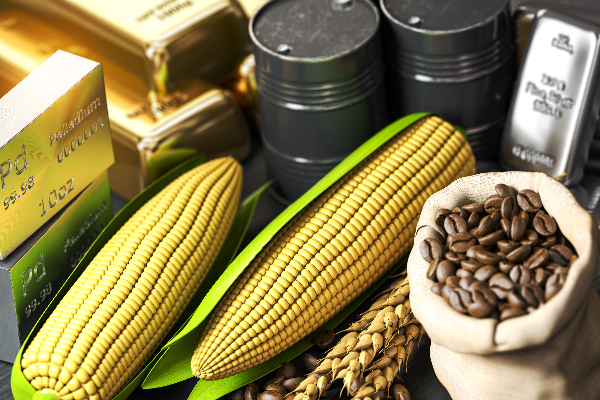
Type of Commodities
Commodities can be broadly classified into four categories: metals, energy, livestock and meat, and agricultural products. Each category encompasses a variety of physical commodities that play crucial roles in the global economy.
Why Trade Commodities?
For investors looking to diversify, trading commodities offers several advantages, including hedging against inflation, portfolio diversification, speculation opportunities, and access to commodity funds. Commodities are often seen as a hedge against inflation because, as the cost of living rises, their prices tend to increase as well, particularly for energy and agricultural goods. They also behave differently from other assets like stocks and bonds, which can help reduce overall portfolio risk. Additionally, commodity prices can be highly volatile, presenting opportunities for traders to profit from short-term fluctuations. Commodity funds, including commodity ETFs, allow investors to track the performance of underlying commodity indices and are traded like stocks. However, it is essential to understand the risks involved in commodity trading, as price swings can be sudden and unpredictable.
Commodity Market Overview
The commodity market is a global marketplace where physical commodities are bought, sold, and exchanged. This market is influenced by a myriad of factors, including supply and demand dynamics, global economic trends, and geopolitical events. The prices of commodities can be highly volatile, presenting both opportunities and challenges for investors and traders.
One popular way for investors to gain exposure to commodity prices without directly investing in physical commodities is through commodity ETFs (exchange-traded funds). These funds track the price of a specific commodity or a basket of commodities and can be traded on major stock exchanges. Commodity ETFs offer a convenient and accessible way for investors to participate in the commodities market.
Futures contracts are another widely used method for investing in commodities. A futures contract is a legally binding agreement to buy or sell a commodity at a specified price on a specified date in the future. These contracts are traded on commodity exchanges such as the CBOT and NYMEX. Futures contracts allow traders to speculate on future price movements and help producers and consumers manage price risk.
Crude oil is one of the most widely traded commodities in the world. Its prices are influenced by global demand, supply disruptions, and geopolitical events. Primary commodities like crude oil, gold, and copper are essential for various industries, and their prices can have a significant impact on the global economy.
Commodity markets are subject to various risks, including market volatility, liquidity risks, and counterparty risks. Investors and traders must carefully manage these risks to avoid significant losses. Staying informed about market trends and employing sound risk management strategies are crucial for success in the commodities market.
In conclusion, commodity trading is a complex and highly volatile market that involves the buying, selling, and exchanging of physical commodities. The market is influenced by a wide range of factors, including supply and demand, global economic trends, and geopolitical events. Investors and traders must carefully manage risks and stay informed about market trends to succeed in this market.
Strategies for Trading Commodities
Investors have various approaches to commodity trading, tailored to their risk tolerance and investment goals. Here are some common strategies:
Futures Contracts: Many commodities are traded using futures contracts, which enable traders to speculate on future price movements. While this strategy can be high-risk due to market volatility, it also offers the potential for significant rewards.
Exchange-Traded Funds (ETFs): For those looking for exposure to commodities without the complexities of trading futures directly, commodity-based ETFs offer a more accessible option. These funds track the price of specific commodities or a basket of them, making it easier to invest.
Stocks in Commodity Companies: Another way to gain exposure to commodities is by purchasing stocks in companies that produce or extract them. For instance, investing in oil companies allows investors to benefit from fluctuations in oil prices without trading the commodity itself.
Commodity Funds: These funds, including commodity ETFs, provide a way to track the performance of underlying commodity indices and are traded like stocks. They also offer insights into market evolution, the regulatory environment, and the increasing significance of commodity ETFs, especially in emerging markets.
By understanding these strategies, investors can better navigate the complexities of commodity trading and align their investments with their financial objectives.
Risks and Challenges in Commodity Trading
While there are potential rewards, there are also risks in trading commodities, particularly due to their volatility. Commodity prices can swing dramatically in a short period, influenced by factors outside of an investor’s control, such as natural disasters, geopolitical events, or sudden changes in government policy. Commodity derivatives, such as futures and options, can amplify both gains and losses, making risk management crucial. Here are some key risks:
Market Volatility: The commodities market is notoriously volatile. For example, natural disasters can affect crops or energy infrastructure, leading to sudden price changes.
Leverage Risks: Many commodity traders use leverage, which allows them to control large positions with a relatively small amount of capital. While leverage can amplify gains, it can also lead to significant losses if the market moves against the trader.
Global Economic Conditions: Commodity prices are sensitive to the health of the global economy. A slowdown in demand due to a recession, for example, can cause commodity prices to drop.
In summary, trading commodities offers a wealth of opportunities for investors seeking to diversify their portfolios or profit from price fluctuations in essential raw materials. From the intricacies of trading oil and gas to understanding the broader commodities market, successful traders must stay informed and adopt sound strategies to navigate this complex yet rewarding space.
As with any form of investing, it is crucial to consider the risks involved and ensure that your strategy aligns with your financial goals. Whether you're looking to hedge against inflation, explore new investment opportunities, or simply learn more about the global economy, the world of commodity trading offers plenty of exciting possibilities.
Disclaimer: This material is for general information purposes only and is not intended as (and should not be considered to be) financial, investment, or other advice on which reliance should be placed. No opinion given in the material constitutes a recommendation by EBC or the author that any particular investment, security, transaction, or investment strategy is suitable for any specific person.
